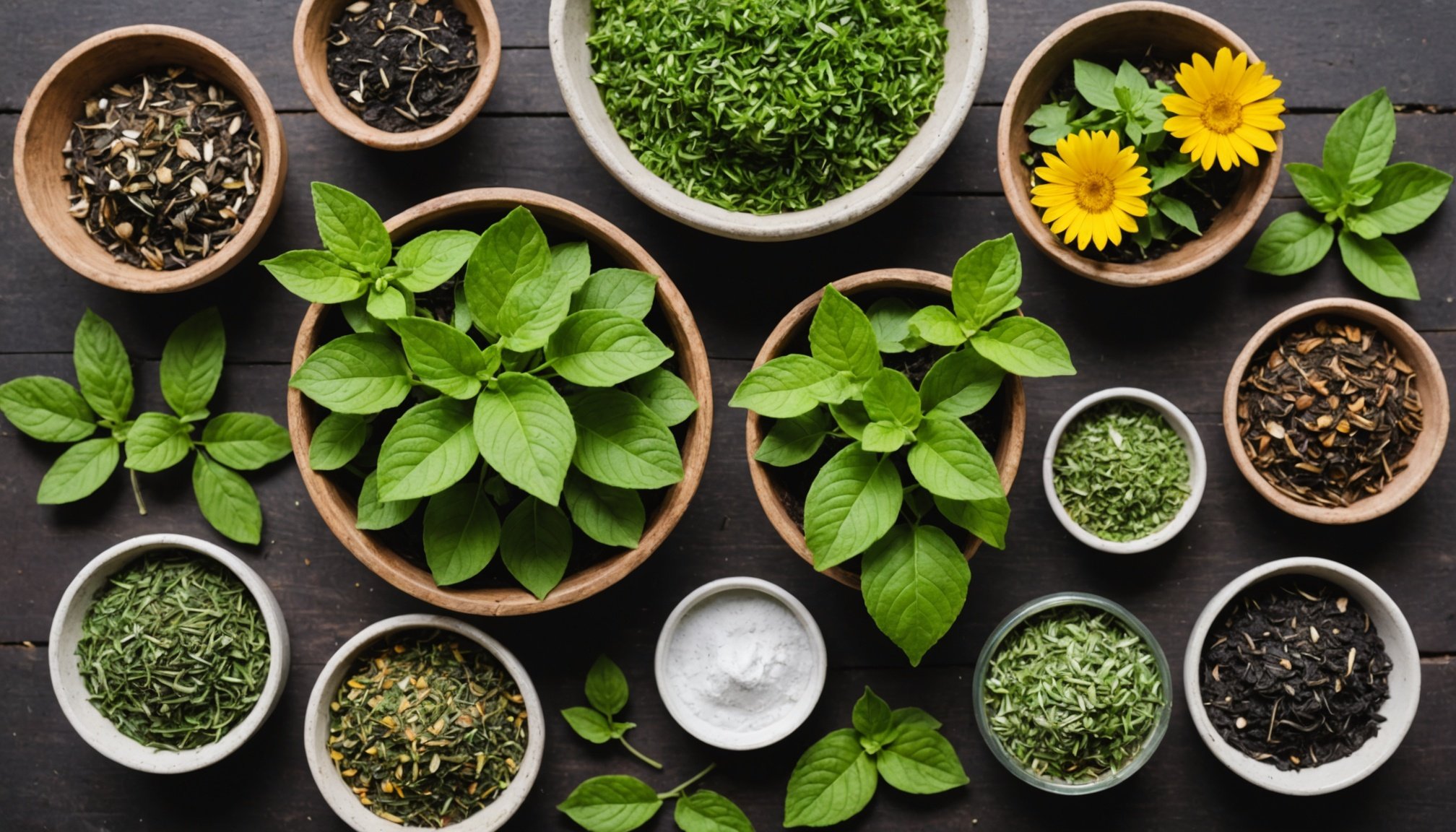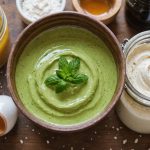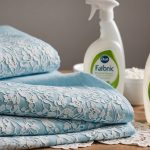Introduction to Essential Botanicals
Essential Botanicals have carved out a significant niche in the realm of DIY Skincare, especially within the UK. The allure lies not only in their natural efficacy but also in their adaptability to UK Gardening contexts. Harnessing these botanicals can lead to healthier skin while fostering a sustainable lifestyle.
Selecting the right plants for the UK’s climate is critical. The UK’s unpredictable weather demands careful choice when incorporating botanicals into your regimen. The most beneficial plants are those naturally suited to local conditions, ensuring robust growth and optimal yield.
Also to see : Embrace Formal Elegance: Stylish Maxi Skirt Ideas for Classy Occasions
The rise of DIY Skincare mirrors a broader trend of eco-consciousness among Britons. With increased awareness of potential chemicals in commercial products, individuals are turning to their gardens, crafting skincare remedies that utilise fresh, home-grown ingredients. Creating your skincare routines not only personalises care but enriches the gardening experience through active engagement and discovery.
DIY Skincare with essential botanicals is more than a trend—it’s a lifestyle that underscores wellness and sustainability, offering alternatives to store-bought products with the added joy of cultivating one’s ingredients. Enjoy cultivating your self-care sanctuary within the comfort of your UK garden.
This might interest you : Discover the Newest Eco-Friendly Fabrics Transforming Women’s Fashion Trends in the UK
Suitable Botanicals for UK Climate
When it comes to cultivating skincare plants in a UK garden, it’s pivotal to select botanicals that suit the local environment. This ensures a productive yield and sustainable use for skincare purposes. Here are some of the top botanicals thriving in the UK:
- Lavender: Renowned for its fragrant blooms and skin-soothing properties.
- Chamomile: Favoured for calming irritated skin.
- Calendula: Revered for its healing abilities and vibrant blossoms.
The criteria for selecting the right plants centre on botanical selection that aligns with the UK’s specific climate and soil types. It’s crucial to consider the plant’s need for sunlight and watering conditions, as well as its resilience to the cooler, often damp weather that characterises the area.
Seasonally, UK gardeners should be mindful of planting times to optimise their botanicals’ growth and health. Spring, with its moderate temperatures and increased daylight, typically offers the best conditions for planting. Monitoring seasonal changes ensures that your botanical selection maintains vigour and continues to provide benefits for your DIY skincare needs.
Essential Botanicals Descriptions
Skincare Botanicals offer numerous benefits for skin health, owing to their rich botanical properties. Among the most significant are lavender, chamomile, and calendula.
Lavender
Lavender is famed for its soothing properties, particularly in calming irritated skin. Historically, it has been used to alleviate burns and cuts. Its key nutrients include linalool and linalyl acetate, which offer antiseptic qualities, making it a staple in many skincare botanicals routines.
Chamomile
Chamomile’s plant benefits extend to reducing skin inflammation and irritation. Known since ancient times for its healing powers, chamomile contains powerful antioxidants like chamazulene, which aid in soothing sensitive skin. It remains a popular choice in modern botanical properties applications.
Calendula
Calendula boasts anti-inflammatory properties, ideal for treating wounds and skin issues. Historically, it was used in ointments for its ability to enhance the skin’s regenerative processes. Its richness in flavonoids contributes to its effectiveness, solidifying calendula’s role in skincare botanicals.
These botanicals each provide distinct advantages, integrating naturally into skincare to support healthy, vibrant skin.
Optimal Growing Conditions for Botanicals
Understanding the growing conditions of your skincare botanicals is crucial for their success in a UK garden. Different plants necessitate specific plant care to thrive and deliver their benefits effectively.
UK soil types are varied, but well-drained loamy soils are generally preferred for most botanicals. Ensuring your soil is rich in organic matter will promote healthy root development and nutrient absorption. Regular soil testing can assist in adjusting pH levels to suit your plants’ needs.
Sunlight and watering needs vary by botanical. Lavender, for instance, prospers in full sun and requires only minimal watering, whereas chamomile might need moderate water and prefers partial shade in particularly hot settings. Calendula can adapt to partial sun but requires consistent moisture to flourish.
Seasonal care is another aspect to consider in the UK climate. During colder months, providing mulch can protect roots from frost, and in spring, regular monitoring of weather patterns will guide watering schedules. Adjustments in care, aligned with seasonal shifts, ensure your botanicals maintain their potency and longevity, contributing effectively to your DIY skincare routines.
DIY Applications for Botanicals
Embarking on a DIY Skincare journey involves tapping into the numerous botanical uses that nature offers. Natural remedies are not only effective but also rewarding to prepare.
Infusion Methods
Infusion is an accessible method to extract the essence of skincare botanicals. Select fresh or dried herb forms and steep them in a carrier oil or water. This process releases active components, enhancing your skincare preparations.
Essential Oil Extraction
Although more advanced, essential oil extraction captures the potent essence of botanicals. Use steam distillation for concentrated oils that benefit numerous skincare recipes. Adhere strictly to safety guidelines, ensuring the equipment is suited to handle the process safely.
Creating Herbal Balms
Crafting herbal balms is a wonderful method to utilize botanical properties. Melt beeswax and mix with infused oils to create a soothing balm. Customise by adding essential oils according to skin needs, always patch testing first to prevent irritation.
Appropriate DIY skincare recipes allow for tailored solutions, accommodating individual preferences or sensitivities. Embrace natural remedies safely with these botanical applications, enjoying the satisfaction that comes from creating personal, effective skincare solutions at home.
Troubleshooting Common Issues
Navigating plant care challenges is an essential part of maintaining a healthy UK garden. Recognising the presence of pests and diseases early can save your botanicals from severe damage.
Identifying Common Pests
The first step in troubleshooting is identifying common plant pests, which may include aphids and slugs. Regularly inspect leaves and stems for signs of infestation, such as deformed growth or discoloured foliage.
Natural Remedies for Pest Control
Combat pests using natural remedies that are safe for both plants and wildlife. For example, a homemade spray of garlic and vinegar can deter many bugs, while encouraging helpful insects like ladybirds can naturally reduce pest populations.
Preventing Plant Diseases
Preventing disease is critical for sustaining your skincare botanicals’ health. Ensure good air circulation by adequately spacing plants and removing dead foliage promptly. Prevention is far easier than cure, so focus on maintaining optimal plant care practices.
Incorporating these strategies will aid in disease prevention, helping your botanicals thrive, ensuring they continue to contribute actively to your DIY skincare needs.
Ethical Considerations in Cultivation
When cultivating botanicals for skincare, practising sustainable gardening is crucial. This approach not only ensures a minimal environmental footprint but also supports biodiversity. Choosing plants that complement the local ecosystem helps maintain balance, preventing the introduction of invasive species that could disrupt native flora and fauna.
Responsible ethical sourcing begins with selecting heritage or native species well-suited to the UK climate. By favouring these plants, gardeners support conservation efforts and promote a thriving habitat for local wildlife. One should also consider companion planting to naturally deter pests and reduce reliance on chemical interventions.
Harvesting botanicals ethically requires attention to the plant’s lifecycle. Gathering leaves or flowers at the right time enhances potency, yet being mindful of harvesting limits preserves plants for future use. Always allow plants ample time to recover and focus on cultivating only what is necessary, creating a sustainable gardening practice.
By adhering to these principles, you not only enrich your DIY Skincare creations but also contribute positively to botanical preservation—ensuring these valuable resources remain available for generations to come.











